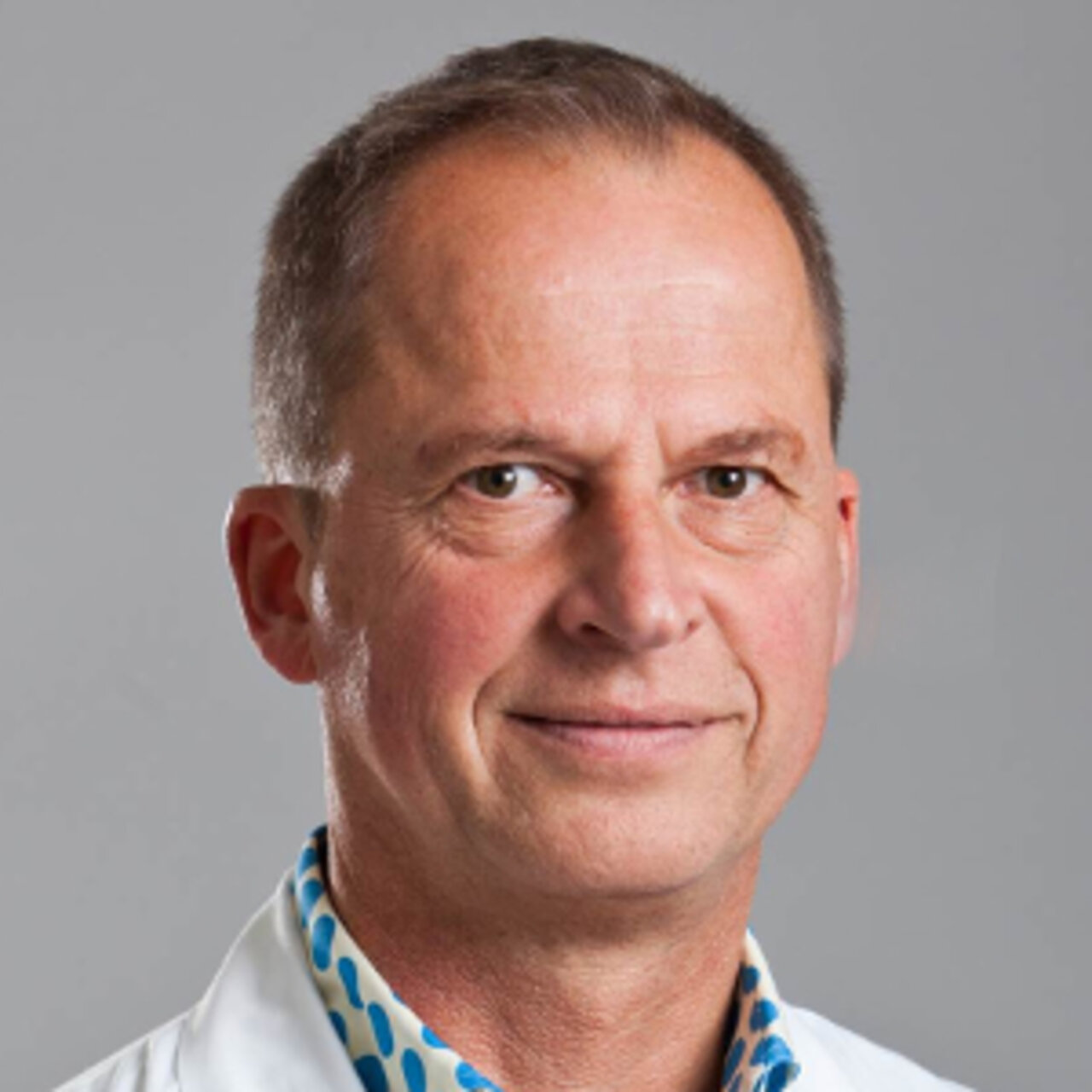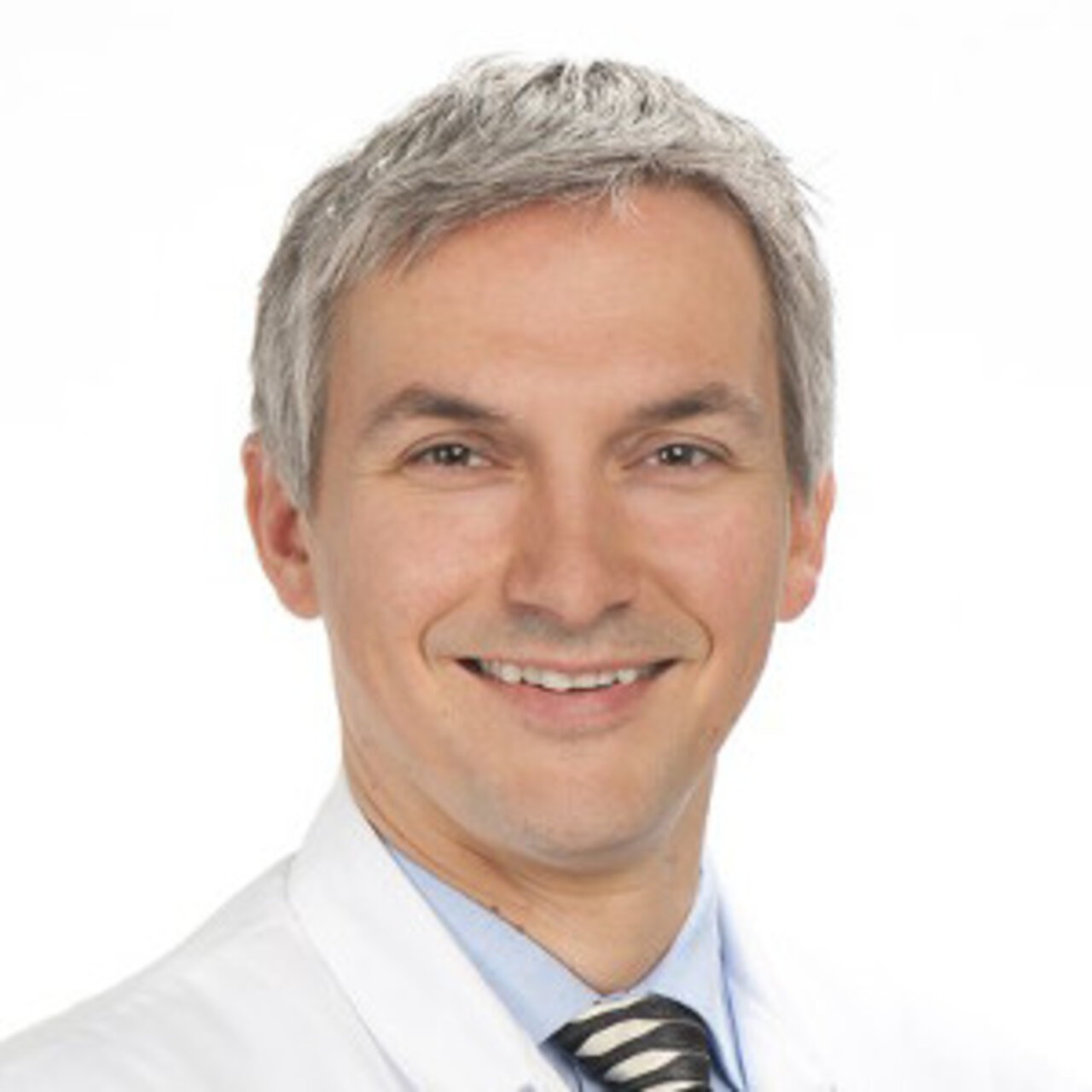Specialists in Lung diseases
4 Specialists found
Information About the Field of Lung diseases
What are the functions of the lung?
The lungs are primarily associated with respiration. This vital function is achieved by gas exchange. As the lungs are in direct contact with the ambient air, a continuous gas exchange takes place between the inhaled air and the blood. Oxygen is absorbed into the blood while carbon dioxide is released and exhaled.
The oxygen-rich blood returns to the heart through the pulmonary veins. It is then pumped from the heart through the aorta into the systemic circulation to supply various organs with oxygen. After gas exchange takes place in these organs, the oxygen-poor blood returns to the heart and is pumped back to the lungs. The lungs and heart work closely together. Therefore, any disease that affects one organ can influence the function of the other.
The mechanism of gas exchange can directly influence the acid-base balance, which can become relevant in some diseases. Moreover, the lungs contribute to the regulation of body fluid balance.
What types of lung diseases are there?
Various aspects of lung function and respiration can be impaired, resulting in a broad spectrum of lung diseases.
Inflammatory lung diseases
A major group of lung diseases is caused by infections and inflammatory processes. These are classified based on the region of the lung affected and are distinguished between acute and chronic inflammation.
Among the most common infections of the lung are pneumonia and acute or chronic bronchitis, affecting the airways. In addition, Tuberculosis, a bacterial infectious disease predominantly manifests in the lung.
The lungs can also be affected by chronic inflammatory processes. The most significant risk factor causing chronic inflammation of the lungs and airways is the inhalation of harmful substances such as cigarette smoke. Chronic inflammation leads to scarring (fibrosis) of the lung tissue, resulting in reduced tissue compliance – a condition referred to as restriction.
This can also lead to obstruction, characterized by a narrowing of the airways and impaired airflow.
Some of the most common chronic-obstructive lung diseases are COPD and bronchial asthma. While COPD is primarily associated with cigarette smoking, bronchial asthma has an allergic component and its causes are multifactorial.
During the course of COPD, the destruction of lung tissue results in abnormal enlargement of airspaces in the lung, referred to as emphysema.
Disorders of respiratory mechanics
Moreover, the mechanics of breathing can be impaired. To ensure an efficient respiration, the respiratory muscles must contract during inspiration and relax during expiration. This mechanism can be affected in various ways, including by mechanical, muscular, or neurogenic disorders.
Acute lung diseases
As the lung carries out vital functions, any acute condition that impairs its function can be life-threatening and must be treated immediately.
One example is pulmonary embolism, during which a pulmonary artery is obstructed by a blood clot. The most common cause is a deep vein thrombosis from the lower extremities. Pulmonary embolism can be life-threatening, necessitating immediate treatment.
Various other factors can result in a medical emergency, referred to as Acute Respiratory Distress Syndrome (ARDS). ARDS can be caused by the inhalation of smoke, aspiration of gastric contents or fluids, shock, sepsis, or polytrauma.
Lung cancer
Malignant tumors of the lung make up a significant disease category. Lung cancer is one of the most common cancers and is the leading cause of cancer-related deaths in men, and the second leading cause in women in Germany. A major predisposing factor is smoking.
Rare pulmonary diseases
There is a wide range of rare pulmonary diseases, which should always be treated in specialized lung centers due to their rarity. Some examples are sarcoidosis (Morbus Boeck), pulmonary hypertension, and cystic fibrosis. Many of these diseases are caused by genetic defects that can manifest in various organ systems. However, they predominantly affect the lungs and should therefore be treated by pulmonologists.
What symptoms do lung diseases cause?
Various symptoms can manifest depending on the type of lung disease. Some common clinical signs include a cough (with or without sputum), shortness of breath (dyspnea) and chest pain. If the lungs aren’t able to perform their functions, cyanosis may occur. Insufficient oxygenation of the blood can lead to a bluish discoloration of the skin, particularly on the hands or lips.
Additional symptoms may occur depending on the specific disease.
It is important to consider that due to the close functional relationship between the heart and lungs, diseases of one organ can affect the other. For example, congestive heart failure often presents with pulmonary symptoms.
How are lung diseases diagnosed?
The diagnostic process of lung diseases begins with a thorough medical history and physical examination. The latter includes auscultation of the lungs using a stethoscope, percussion and inspection of the thorax, skin, and hands. In some cases, blood tests can provide valuable diagnostic clues.
Moreover, depending on the suspected diagnosis, imaging techniques such as chest X-rays, CT scans, or MRI scans may be ordered. Pulmonary function tests, including spirometry or body plethysmography, is often included. If an endoscopic examination is required, a specialized instrument is inserted into the airways, allowing for visualization and tissue biopsy, if necessary.
How are lung diseases treated?
The treatment options are as diverse as the lung diseases themselves. The range of therapeutic strategies extends from a wait-and-watch approach, for instance in acute bronchitis, to intensive care interventions in emergency situations.
Both conservative and surgical therapies can be employed. Depending on the pulmonary disease, physical therapies such as breathing exercises can be beneficial.
Malignant lung tumors offer three classical treatment modalities of cancer care: surgical resection of the tumor, chemotherapy, and radiotherapy.
In the treatment of chronic-obstructive lung diseases such as bronchial asthma and COPD, bronchodilating agents are used to relieve airway obstruction. These substances are administered via inhalation devices, which allows direct delivery to the lung tissue while minimizing systemic side effects.
If all conventional therapies for a chronic lung disease are exhausted and the lung can no longer perform its function, lung transplantation may be considered.
Ultimately, the broad spectrum of lung diseases provides an equally large range of therapeutic measures.
How can lung diseases be prevented?
Given the heterogeneity of lung diseases, there are no universal strategies to prevent all disorders of the respiratory tract. COPD is among the most common chronic lung diseases, and is linked to cigarette smoking. Similarly, bronchial carcinoma (lung cancer) is linked to toxic substances such as cigarette smoke, fine dust, and occupational agents like asbestos. Therefore, inhalation of these substances should be avoided.
Inflammatory pulmonary diseases such as pneumonia, which can take a severe course in the elderly, are often associated with hospitalization and prior antibiotic use. Some lung diseases like bronchial asthma can be triggered or exacerbated by allergic reactions. In such cases, it is advisable to undergo further testing to identify possible allergens to avoid any exposure in the future and prevent disease progression.
Besides avoiding the mentioned risk factors, maintaining a balanced diet and abstaining from alcohol may be beneficial, as a poor oral flora can contribute to the development of pneumonia. In patients with a pre-existing lung condition, it is essential to discuss on an individual basis which measures should be taken to avoid disease progression or exacerbation.
Which physicians are specialists for lung diseases?
When seeking medical care, patients naturally want the best possible medical care. This raises a question: Where can I find the best clinic for my condition? Since this question cannot be answered objectively, and no reputable physician would claim to be the best, one can solely rely on a physician’s experience.
We are here to help you find an expert for your condition. All listed physicians and clinics have been carefully selected based on their outstanding specialization in the field of lung diseases and look forward to receiving your inquiry or treatment request.




